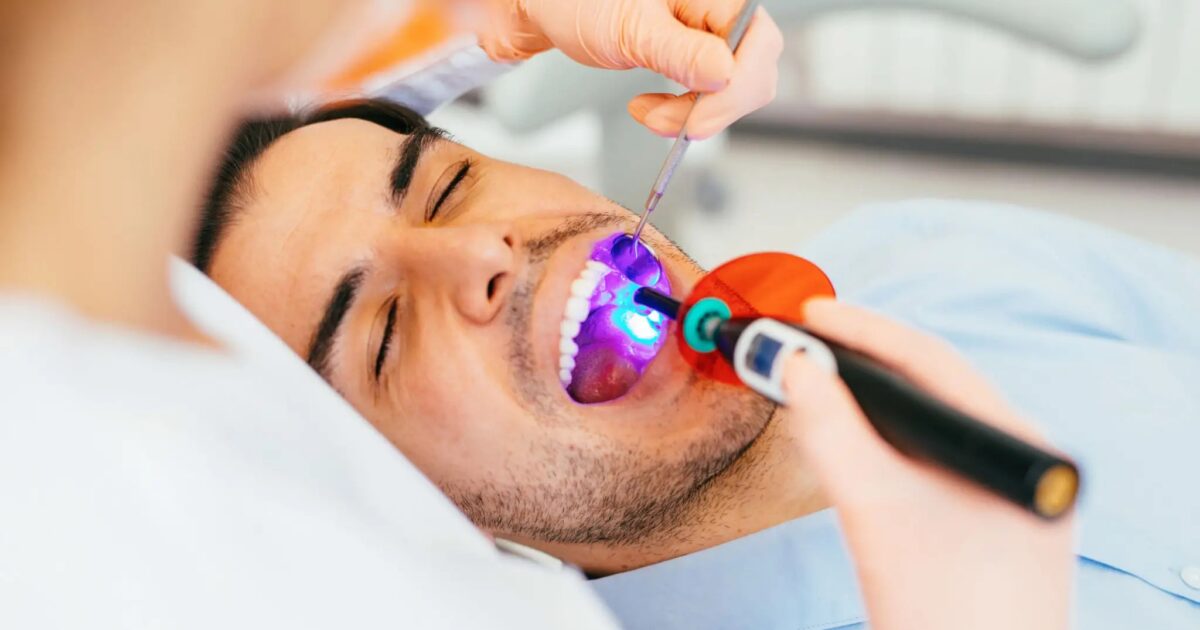Oral health and diabetes share a strong connection. Poor oral health can make managing diabetes much harder. In turn, diabetes can increase the risk of gum problems. General dentists see this connection every day. It’s crucial to understand how one affects the other. For those using walnut creek clear aligners, keeping gums healthy is essential. By focusing on daily care and proper treatment, you can improve both oral health and diabetes management.
The Oral Health-Diabetes Link
Diabetes affects your body’s ability to process sugar. High blood sugar can lead to various health problems, including those that affect your mouth. Gum disease is more common and severe in people with diabetes. Why? Because diabetes reduces the body’s resistance to infection. This makes gums vulnerable to bacteria in the mouth.
Gum disease can also affect blood sugar control. Infections cause blood sugar levels to rise, making diabetes management tough. According to the National Institute of Dental and Craniofacial Research, treating gum disease can improve blood sugar levels in people with diabetes.
Daily Care Tips
To maintain healthy gums, you can follow these three simple steps:
- Brush twice daily with a soft-bristled toothbrush.
- Floss daily to remove plaque between teeth.
- Visit a dentist regularly for cleanings and check-ups.
These habits help control plaque, which is crucial for preventing gum disease. Consistent care keeps your mouth healthy and supports diabetes management.
Understanding the Risks
People with diabetes need to be aware of certain risks. Dry mouth, a common side effect of diabetes, can lead to soreness, ulcers, and cavities. High blood sugar can also cause oral thrush—a fungal infection that thrives on high sugar levels in saliva.

Recognizing these risks empowers you to take proactive steps in maintaining oral health. Regular dental visits help spot early signs of these issues. Dentists can offer solutions like saliva substitutes to relieve dry mouth or antifungal treatments for thrush.
Impact of Gum Disease
Gum disease ranges from mild (gingivitis) to severe (periodontitis). Gingivitis is reversible with good oral care. However, untreated gingivitis can progress to periodontitis, leading to tooth loss. This progression is faster in those with diabetes.
Here’s a comparison of gum disease stages:
| Stage | Symptoms | Treatment |
| Gingivitis | Red, swollen gums; bleeding during brushing | Improved oral hygiene; professional cleaning |
| Periodontitis | Painful chewing; receding gums; tooth loss | Deep cleaning; medication; possible surgery |
It’s critical to address gum disease early. Regular dental check-ups help catch these issues before they worsen.
The Role of Nutrition
Nutrition plays a vital role in both oral health and diabetes. A balanced diet low in sugar can prevent tooth decay and support overall health. Foods rich in fiber, like fruits and vegetables, can help maintain stable blood sugar levels. The Centers for Disease Control and Prevention recommend a balanced diet to support health for those with and without diabetes.
Hydration is also important. Water helps wash away food particles and bacteria, keeping your mouth clean. Avoid sugary drinks to reduce the risk of cavities and blood sugar spikes.
Conclusion
The connection between oral health and diabetes is clear. By focusing on daily care, understanding the risks, and maintaining a balanced diet, one can help manage both conditions. Regular dental visits are key to long-term health. They offer a chance to catch and treat issues early, keeping both your mouth and body healthier.




